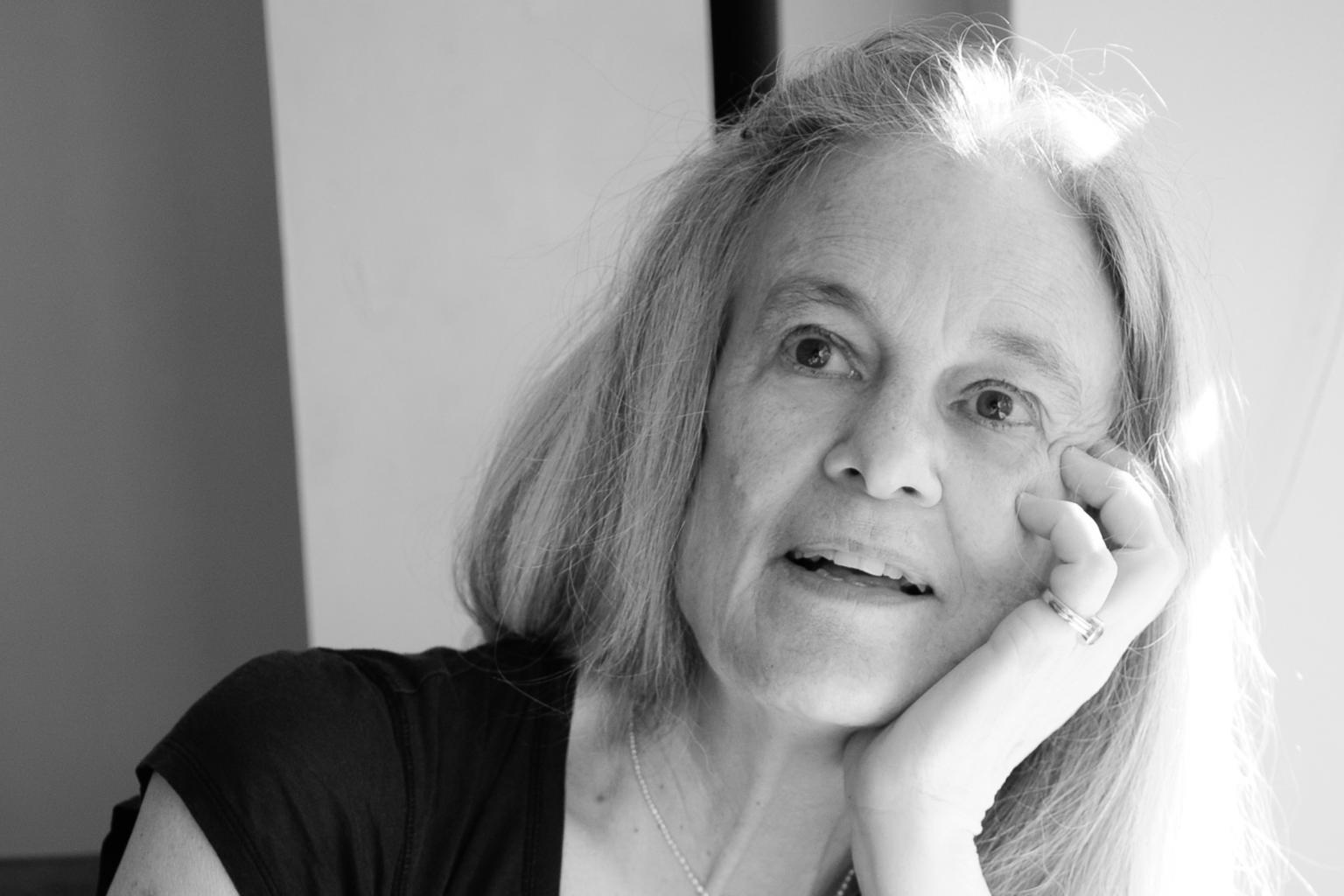Singapore Writers Festival: Pulitzer Prize-winner Sharon Olds lays bare the intimate in her poetry
Sign up now: Get ST's newsletters delivered to your inbox

Sharon Olds does not mind if people read her poems as autobiography.
PHOTO: HILLERY STONE
Follow topic:
SINGAPORE - "I love intimacy," says American poet Sharon Olds. "Connection - communication. I think there is great strength and pleasure in it. I think we need it, to lead a full life. I think our souls hunger for it."
The theme of this year's Singapore Writers Festival is intimacy, and Olds, 77, is a fitting headliner. Her work has long had intimacy as its hallmark, from its frank exploration of the female body and sexuality to its laying bare difficult subjects like her childhood abuse and divorce.
"I think I would prevent intimacy if I were trying to butter the reader up, or if I felt I were in possession of knowledge the reader might need," she says in an e-mail interview.
"In other words, if I were using a poem for ulterior motives, I think that would get in the way of mutual trust between writer and reader.
"I guess I have faith that if I keep my focus on the poem - rather than on myself, or on some imaginary reader - that I have the best chance of making something which might be of some use to a reader, or give a reader some pleasure, some companionship."
Olds' husband, a doctor, left her after more than 30 years of marriage for another woman. Fifteen years later, Olds transmuted her emotions around their divorce into the 2012 collection Stag's Leap, which won both the Pulitzer and T.S. Eliot prizes, two of the most prestigious awards in the poetry world.
The poems of Stag's Leap chart the divorce and its aftermath, from immediate concerns such as how to break the news to her two children and mother, to the years of coming to terms with it, until she can describe "the body of a warbler/ like a whole note fallen from the sky - my old/ love for him, like a songbird's rib cage picked clean".
Unlike many writers, Olds does not mind if people read her poems as autobiography. "It makes sense," she says, adding that she does not feel exposed by what she shares in her work.
But she stresses: "If the story of a poem is personal, or apparently personal - I think that isn't what's most interesting about a poem. I think that personal or not personal doesn't have to do with whether a poem works or not.
"Some poems might feel 'too personal' to some readers, others 'not personal enough' to others. For me, these are not the most important terms in which to talk about poems."
What matters to her, she says, are the myriad factors that go into making a poem come alive for the reader: passion and credibility; music, harmony and dissonance; relevance and originality.
From the time a poem is written - usually by hand with ball-point pen in a lined grocery-store notebook - to its successful fruition, she feels that it has gone over into the world of art.
"I am happy if someone likes it. But it's not exactly connected to me, as a diary entry might be. If it works as a poem, it has changed its life-form."
Olds was raised in Berkeley, California, in a strictly religious Calvinist household. She has written about childhood abuse and difficult parental relationships. In poems like The Day They Tied Me Up, she describes being punished at the age of eight by being tied to a chair.
She was 37 when her first collection, Satan Says, was published. Previously in the 1970s, her attempts to submit her work to magazines met with rejections.
She recalled to The Guardian how one told her: "This is a literary magazine. If you wish to write about this sort of subject, may we suggest the Ladies' Home Journal. The true subjects of poetry are... male subjects, not your children."
After 14 collections and a bevy of accolades that include the Lamont Poetry Prize and the National Book Critics Circle Award, it would seem that Olds has had the last laugh.
Yet she never takes a poem for granted, nor its readers. "If anyone reads a poem we have written, we are lucky," she says.
She is now busy compiling two manuscripts from poems written between 2016 and this year, one for a collection called Ballads, the other for a book of love poems. She aims to present these to her editor next year, though she says she is still having a hard time whittling down her selection.
"I am among the poets who enjoy writing, but some days it's impossible to write a poem we like and believe in," she says. "I write a lot of poems and most of them no one ever sees - they're just not good enough... they don't live enough."
"I think the energy of a work of art can transmute an experience, or a perception, a feeling, a scene, into art - can record, or transform, can 'stop in time' a particular moment, or hour, a day or year - and when that happens, there is joy there, there is the beauty of truth, maybe the truth of grief or despair or joy."
She adds self-deprecatingly: "But, as I say, I can't do that very often."
-
Book It/Sharon Olds: An Intimate Life In Poetry
WHERE: Sistic Live
ADMISSION: Festival pass, $20 from Sistic

